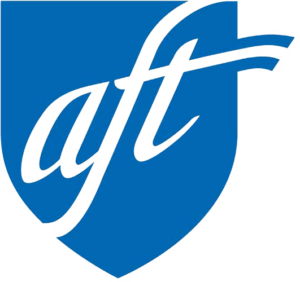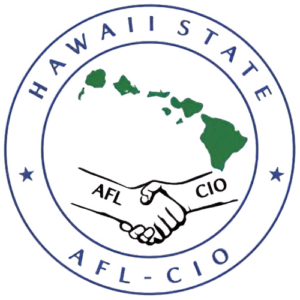Interim Chancellor Bley-Vroman’s Clarification of HLRB’s Ruling on Letters of Hire
On June 16, 2016, the University of Hawai‘i Professional Assembly (UHPA) sent a message to its members regarding a recent Hawai‘i Labor Relations Board (HLRB) ruling on letters of hire, also known as offer letters, for prospective faculty members. The University acknowledges and respects the position UHPA has taken and would like to take this opportunity to provide additional clarification and information on this very important issue.
UH honors offer letters
First and foremost, the University believes letters of hire to be contracts, and has never stated publicly or otherwise that such letters will not be honored or cannot be enforced. Countless faculty members have been hired through letters of hire without significant concerns or litigious disputes. The question raised in this unique situation was whether the HLRB has jurisdiction over the disputes regarding letters of hire.
Hawai‘i Labor Relations Board ruling
The HLRB is the administrative agency responsible for administering and enforcing the laws governing public sector collective bargaining rights in Hawai‘i.
On May 25, 2016, the HLRB clarified the dispute and dismissed all of UHPA’s claims. The board determined that this letter of hire, executed by the dean of the College of Natural Sciences and prospective faculty member before he was ever a University employee or an UHPA member, is a “contract” and not part of a “collective bargaining agreement.” The HLRB followed the definitions and limitations enacted by the Hawai‘i State Legislature and ruled that UHPA’s position was “unsupported by the law, risky and potentially harmful to the collective bargaining process in Hawai‘i.” HLRB concluded that the board lacks jurisdiction and dismissed the prohibited practice complaint.
Letter of hire in question
The specific situation that gave rise to this dispute is related to one particular section of a June 2012 letter of hire regarding the UH’s commitment to purchase an MRI machine for about a million dollars and establish a specialized research facility. No one contested or disagreed that the other portions of the letter of hire were honored, including provisions regarding salary, reduced teaching load and the granting of tenure, all of which were completed. The University believes it acted in good faith to attempt to purchase the MRI machine as outlined in the letter of hire. But before the required specialized facility was prepared to receive the MRI machine that had been ordered as specified in the letter of hire, the manufacturer of the MRI machine notified UH that it was ceasing manufacture and service of the specific model that had been ordered. Thereafter, the purchase and receipt of the MRI machine was cancelled with the full support of the faculty member.
The University then attempted to pursue the purchase of an alternative MRI machine for the faculty member and continues to work diligently to accommodate the faculty member’s needs and desires to ensure he is able to continue his research. Currently, UH pays for travel expenses to the continental United States for the faculty member and his graduate assistants so they will have access to an MRI machine to support their research activities. The University has tried to work cooperatively toward the purchase of another MRI machine and has requested that the faculty member provide a business plan/model that would identify the users and how the operating and maintenance costs of the machine would be addressed.
Budget realities
As with most UH Mānoa units, the College of Natural Sciences is continuing to address a significant budget deficit that has led to a hiring freeze, despite the fact that some departments within the College are already critically short of instructional faculty. The College has not been able to afford to replace tenure or tenure-track faculty lost to retirement or resignations. Given its financial state, the College had to establish priorities and decided in 2016 not to immediately purchase an MRI machine. In addition to the immediate budget challenges posed by the initial purchase, the University believes it is essential that a business plan/model be developed to address the operating and future maintenance expenses for the next MRI machine. The University has been hopeful that in working with the faculty member on a business plan/model, we will be able to justify the purchase of another MRI machine, even under difficult conditions. This decision to defer this specific acquisition during a major budget crisis for the College, and other difficult decisions, are made in order to address the essential and core services of the College and its many stakeholders, including our students.
Conclusion
UH considers letters of hire to be contracts but not collective bargaining agreements. The University fully intends to continue its commitment to honor the terms and conditions of such letters when hiring new faculty members, as it has done countless times in the past. UH continues to try to work collaboratively with this faculty member to find an agreeable resolution for this difficult situation — a resolution that meets the needs of the faculty member and is fiscally prudent and ethically responsible for the sake of the College and its many stakeholders, including our students.
Thank you for your time and consideration,
Robert Bley-Vroman
Chancellor



